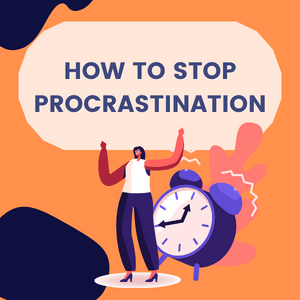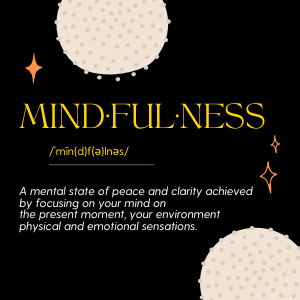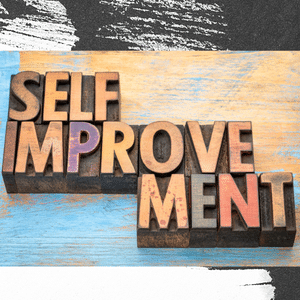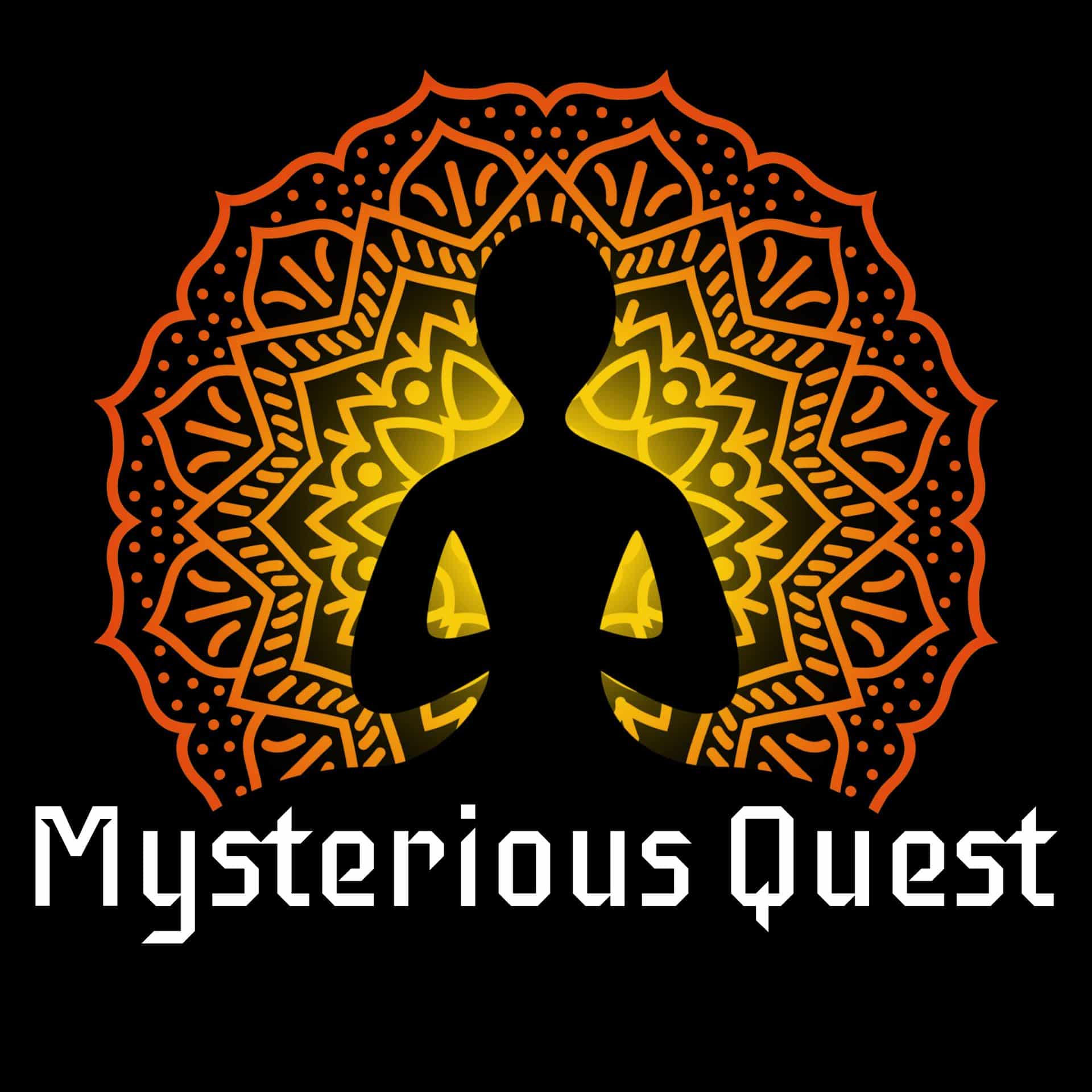

The emotion of jealousy derives from guilt. Sadly, jealous people do not see the selfishness and harmful nature of their mindset. They fail to recognize that no person can possess another person to the exclusion of every other desire. Each human is with individual, separate, personal rights and certain freedoms.
Jealous people make any relationship or marriage a terrible time. In life as only love, faith and trust can blend two personalities and combine them to be harmonious and happy.
Jealousy is a curse and blight upon humankind. It is the ugly stepchild of selfishness and unreasoning. If I want to be genuinely happy and fulfilled, I need to exclude it from my life. I need to realize that those filled with resentful thoughts will eventually become related to contempt, pity, and lose the object of their battle.
To all the people who wonder if you have a reason to be emotional of those you love, I state that you have no explanation. You will not advance and find joy or satisfaction as long as you cannot think with sense, clearly and intelligently.
The instant a jealous thought comes to mind, analyze it and then give it careful considerations. These hurtful thoughts can be conquered by an essential concentration and your decision to act.
However, once you have dropped the emotional baggage, you will end up being peaceful, tranquil, relaxed, and content.
Furthermore, let me caution you, jealous thoughts and suspicion are the worst opponents of love. When unreasoning jealous thinking gets in the door, love flies out the window. Love cannot exist in an environment of mistrust.
Faith is a power that can move mountains and bring about euphoria, fulfillment, and desires; jealousy is an undermining, devastating and powerful emotion that can ruin any happy relationship. Keep your insecurities and fears in check or lose what means most to you.
Resentful thoughts are a warning sign of an impending obstacle to our relationship, alerting us to a perceived threat to our bond with a loved one. The fear of abandonment often comes from a perceived social comparison with our partner.
A sense of inadequacy or violation fuels enviousness. It may feel as though threatened by someone we care about deeply. It is an uncomfortable feeling to be confronted by jealousy, and it can cause people to withdraw emotionally and socially.
One of the most common reactions involves the person suffering envy and showing their discomfort in public. They may feel the need to sit away from public events, hold back from getting involved in relationships, or even keep their feelings inside. It is natural for a person to have these feelings when they feel the love has diminished. However, feelings or grudges involve an excessive level of self-discipline and can become unhealthy behavior patterns.
The other common emotion involves shame—those feelings of shame link to feelings of unworthiness or failure. A feeling of guilt can make it challenging to communicate and deeply affect a relationship. When jealousy includes a sense of shame, it can lead to depression, low self-esteem, and insecurity.
People can fall into both of these categories when they engage in particular social media activities. Social media use can be an excellent outlet for sharing ideas, building relationships, and connecting with others. However, it can also lead to jealousy if one partner considers what their partner is posting.
These emotional feelings can actually take on a life of their own if they are left unchecked. This begins a vicious cycle that leaves one partner feeling embarrassed or ashamed. Then they become even more self-critical, and so the process continues. One way to get out of this cycle is to take some time out to self-reflection and work through your feelings of inadequacy. If you cannot do this on your own, seek help. There are many support groups online for those who feel shame about their resentments and envy.
Love can conquer all, but—
Where there is LOVE,
There must be FAITH,
There’s PEACE, indeed;
And Where there’s PEACE,
There must be TRUST—
And where there’s TRUST,
There is no NEED.
Anonymous
The jealousy and feelings of self-worth are linked closely with emotional abandonment. Those who experience emotional abandonment can easily fall into a jealous and self-destructive pattern. Emotional abandonment is painful, and those who share it can feel like nothing will ever go right again. This type of jealous behavior can lead to feelings of worthlessness and a lack of self-esteem. In this scenario, the person suffering from jealousy and lack of self-esteem may seek partners to engage in sexual relationships.
Suppose the person feels nothing but jealousy and envy. In that case, they may feel like they need to justify these feelings to themselves and others. They may think that if they keep these feelings inside, they will not feel like themselves. They may also resort to infidelity as a means to justify their resentment. Suppose they have an intimate relationship with another person and they find their partner attractive. In that case, they may feel that infidelity will give them the feeling of being loved without dealing with jealousy and other negative emotions.
Jealousy and shame are very intertwined. The first step towards combating them is to recognize that you have a problem. Work through your feelings of jealousy and guilt and work on overcoming them.
You deserve a partner who is loyal and loving. If you find that you still have feelings of jealousy and shame towards your partner and have not moved past this issue, work on overcoming this problem swiftly.
It seems that most relationships go through jealousy or envy at some point in time. The key is to try and understand jealousy and envy so that you can know which one actually works best for your relationship goals. Ask the tough questions like, “What is the root cause for both jealousy or envy? Is it some kind of psychological addiction? Or is there just something we are naturally attracted to?”
Jealousy is an emotion that seems to be a part of human nature. However, the word jealousy has various meanings and interpretations. Some people would say that jealousy is a negative, dangerous emotion. On the other hand, others would define jealousy as being just like our friendliness or empathy characteristics. One common explanation for jealousy is that jealousy stems from the fear of losing a desired object or possession. Therefore the jealous person is trying to keep that thing from other people.
On the other hand, jealousy as an action can also come from having a feeling of dissatisfaction or unhappiness about obtaining some desirable object or situation. And then, as an action, jealousy can also mean that you feel resentment about some situation where you’ve been able to succeed.
Mental Note: One of the core characteristics of jealousy is its desire to keep things or people from other people.
When it comes to jealousy as an action, what we see is basically what we get: resentment. This is what happens when jealousy rises. When jealousy is already present and is not left by itself, it develops into “irritability” or “snobbishness.” To distinguish between jealousy and anger or resentfulness, we usually refer to it by either “a sense of jealousy” or “a negative feeling towards others.”
A distinction between jealousy and envy is that jealousy is often associated with acts of violence or aggression.
It’s essential to keep in mind that jealousy, while sometimes healthy and necessary, can also be the root cause of many relationship problems, including infidelity. To avoid getting into a jealous or resentful state, try to keep your jealousy in control by reframing the situation.
Envy occurs when we lack a desired attribute enjoyed by another.
Jealousy occurs when something we already possess (usually a special relationship) is threatened by a third person.
And so envy is a two-person situation whereas jealousy is a three-person situation. Envy is a reaction to lacking something. Jealousy is a reaction to the threat of losing something (usually someone).
Jealousy is typically thought of in terms of relationships, especially with partners. Envy is more associated with desiring what someone else has or has achieved.
Signs that you might be jealous are:
If you’re the target of jealousy, you may feel like someone (usually a partner or friend) is trying to control your life. They might do things such as check up on you, try to tell you what to do (or not do) and how to act, or limit your contact with friends and coworkers.
Healthy competition between people can be good, but when you’re unhappy when others achieve success or feel the need to one-up their accomplishments constantly, you may be experiencing envy. Signs of jealousy include:
The rise of social media has been documented to trigger envy and lower mental well-being in some people. As friends post pictures of their best moments in life, it can trigger feelings of inadequacy or regret in others. These can be powerful emotions.
Source: https://www.webmd.com/mental-health/signs-jealousy-envious








